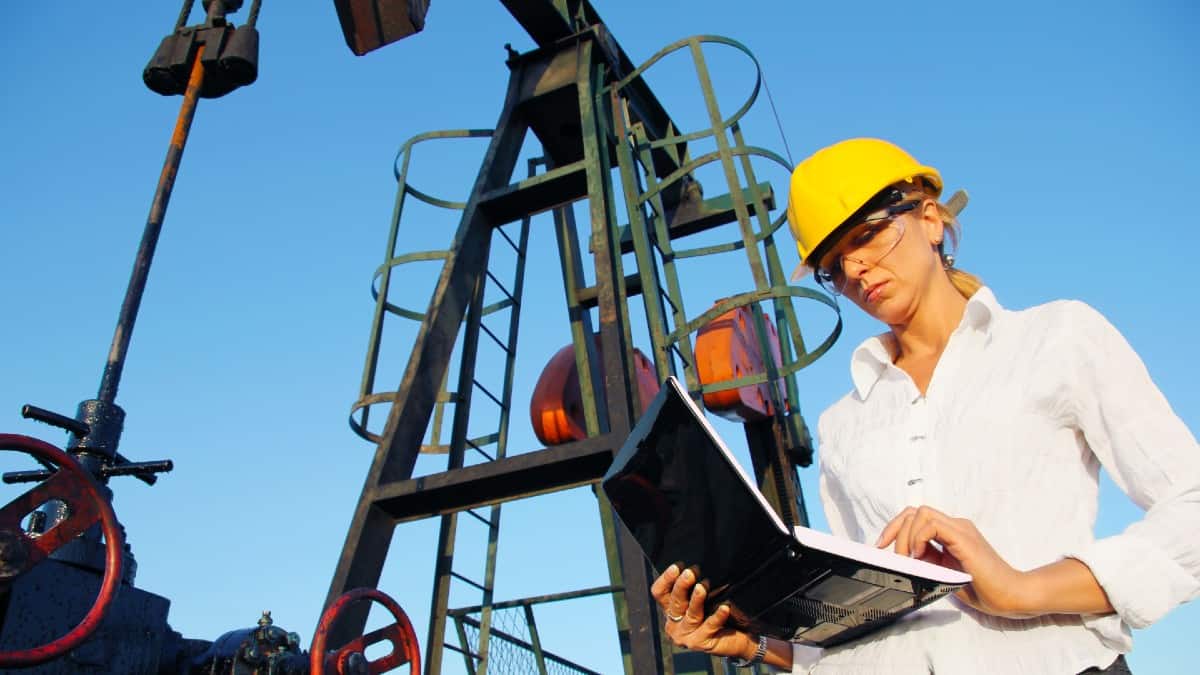BP’s (LSE: BP) share price has dropped 23% from its 18 October 12-month traded high of £5.62.
As it stands, it looks cheap on several key measurements of stock value. For example, on the price-to-earnings measure, it trades at just 12.2 against a peer average of 14.25.
This group comprises Shell at 12.3, Chevron at 14.1, ExxonMobil at 14.9, and Saudi Aramco at 15.7.
Should you invest £1,000 in BP right now?
When investing expert Mark Rogers has a stock tip, it can pay to listen. After all, the flagship Motley Fool Share Advisor newsletter he has run for nearly a decade has provided thousands of paying members with top stock recommendations from the UK and US markets. And right now, Mark thinks there are 6 standout stocks that investors should consider buying. Want to see if BP made the list?
On the price-to-book ratio, BP trades at 1.4 compared to a peer average of 2.4. And on the price-to-sales ratio, it trades at the bottom of the group at 0.4 against a peer average of 1.8.
I ran a discounted cash flow analysis using other analysts’ numbers and my own to ascertain how much of a bargain it may be in cash terms. BP’s shares look 60% undervalued at their present price of £4.30 on this basis.
Therefore, a fair value for the stock would be £10.75, although it could go down as well as up.
How does the core business look?
This extreme undervaluation looks even less justified to me having looked at the firm’s Q2 results released on 30 July.
Underlying replacement cost profit rose 6.5% to $2.756bn from $2.589bn in Q2 2023. Operating cash flow jumped 29% to $8.1bn from $6.293bn.
The results announcement reiterated the priorities in place to deliver “a simpler, more focused and higher-value company”.
In broad terms, these involve embarking on high-potential oil and gas projects while pausing some renewable energy ones.
BP and Shell believe their share prices have suffered from the earlier prioritisation of green energy projects over fossil fuel ones. By contrast, their higher-valued US competitors have continued their expansion of oil and gas resources.
Consequently, I think the key risk for BP is government pressure to re-prioritise and expedite its energy transition projects.
New projects moving forward
On the same day as the Q2 results, it gave the go-ahead for the Kaskida project in the oil-rich Gulf of Mexico. This unlocks potentially 10bn barrels of discovered oil reserves there.
On 1 August, the firm signed a preliminary agreement with Iraq’s Oil Ministry to develop four oil and gas fields in the Kirkuk region. The area is estimated to contain about nine billion barrels of recoverable oil.
Analysts now forecast that BP’s earnings will grow 9.1% a year to the end of 2026. Earnings per share are expected to increase 17.1% a year to that point.
Increased shareholder rewards
In 2023, it paid a total dividend of 28 cents (22p) a share, giving a yield of 5.1% now. This contrasts very favourably to the FTSE 100 average of 3.7%.
Moreover, it increased its second interim dividend this year by 10% — to 8c from 7.27c. Analysts’ projections are for the yield to rise to 5.8% in 2025 and to 6.1% in 2026.
At the same time as increasing the dividend, BP announced a $3.5bn share buyback for H2. The same amount was bought back in H1. Such programmes tend to be supportive of share prices.
Will I buy more?
I will be buying more of the shares very soon for three key reasons.
First, the extreme share undervaluation. Second, the strong expected growth prospects. And third, the increased dividend and projected rising yield.








